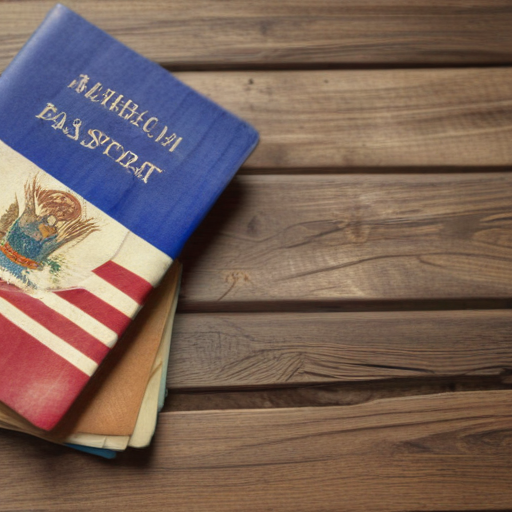United States Secretary of State Marco Rubio recently announced a groundbreaking agreement with El Salvador’s President Nayib Bukele, whereby the Central American country has agreed to accept not only deported foreign nationals with criminal backgrounds but also American citizens and permanent residents serving time in U.S. jails.
During a meeting at Bukele’s residence at Lake Coatepeque, Rubio referred to the pact as “an act of extraordinary friendship.” The agreement opens the door for El Salvador to house deported individuals categorized as criminals, regardless of their nationality. This includes notorious gangs like MS-13 and Tren de Araqua. Additionally, Bukele has expressed willingness to accommodate dangerous American criminals, setting a significant precedent for international deportation and incarceration.
Rubio described this agreement as perhaps the “most unprecedented and extraordinary migratory agreement anywhere in the world,” emphasizing that no other country has made such an offer of cooperation. He voiced deep appreciation for El Salvador and acknowledged the long-standing friendship between the two nations. Following their extensive discussion, which lasted over two and a half hours, Rubio praised Bukele’s leadership, highlighting the challenging yet necessary security measures he has implemented in El Salvador.
This deal could represent a new approach to handling repeat offenders and emphasizes the collaboration between the U.S. and El Salvador. However, President Trump will need to navigate potential legal roadblocks, particularly concerning the Eighth Amendment, which prohibits “cruel and unusual punishments,” potentially complicating the idea of sending individuals abroad for incarceration.
This agreement reflects a shift in how countries might work together on criminal justice issues and immigration, fostering alliances that could promote safety but also necessitate careful consideration of legal and humanitarian implications.
